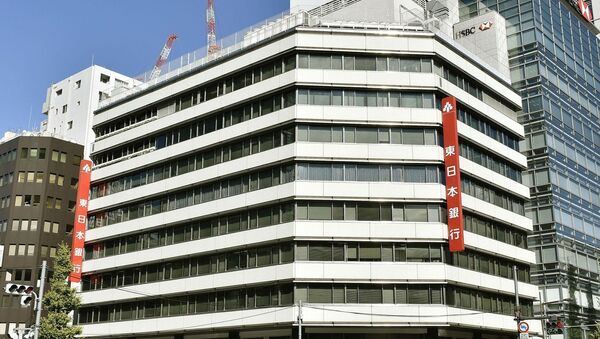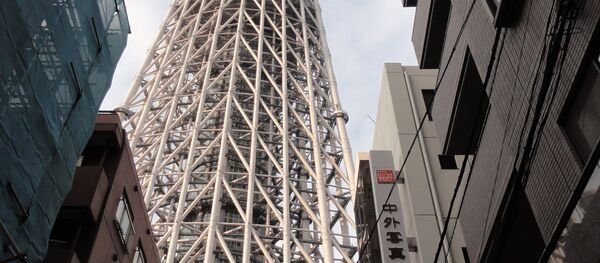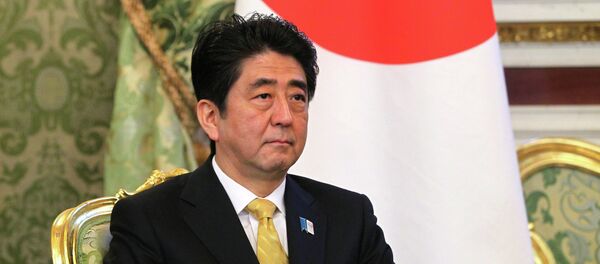!-- —>!-- —>
MOSCOW, November 25 (Sputnik) — The Bank of Japan (BoJ) today released the transcription of a October 31 monetary policy meeting, revealing firm opposition to monetary easing within the regulator, coinciding with today’s BoJ head Haruhiko Kuroda’s announcement of the possible expansion of stimulus.
However, only today was it revealed that prior to the Halloween easing, BoJ executive board members were reluctant to implement a drastic change in monetary policy. According to the transcription of the policy meeting, high-ranking executives expressed concern over possible domestic spillover effects, which included deterioration in lenders’ profits, worsening conditions for domestic businesses as a weaker yen means increased costs, as well as poorer liquidity in the nation’s bonds and an acceleration of its fiscal deficit.
The board concluded back on Halloween eve that Kuroda is attempting to achieve the 2% inflation target, neglecting potential side effects. Japan has been suffering for over 15 years from deflation because of low domestic investment and sluggish consumer demand. The recent falling oil prices undermined Japan’s hope for higher inflation on more expensive energy, while policies of ‘quantitative and qualitative easing’ (QQE), meaning massive central bank purchases of domestic assets, intact since last April, allowed it to achieve 1.5% inflation this spring. However, after PM Shinzo Abe hiked sales tax from 5% to 8% this April, the QQE effects faded and inflation fell below 1%.
"To achieve the price stability target, the BOJ has been taking 'action' and will continue to do so," Kuroda told business leaders in Nagoya, hometown to the world-renowned Toyota Motor Corp., as quoted by Reuters.
The nine members of the BoJ board may give Kuroda a hard time pushing the new stimulus through. Leaders of big business have welcomed more easing as it will allow them to sell more competitively overseas, but domestic market-oriented small businesses will inevitably suffer.
The BoJ board voted 5-4 on the Halloween easing, but after Japan slid into recession because of April’s tax hike, 3 out of the 4 ‘Halloween rebels’ allegedly approved more easing during a meeting on November 18-19.





